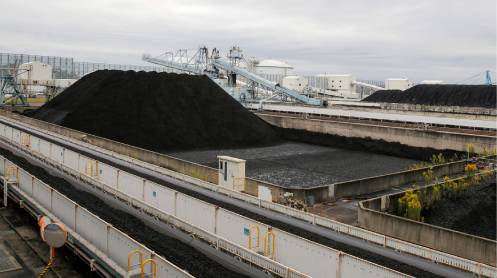As electricity affordability impacts demand and consumers look beyond the national grid, the procurement of imported coal for power generation is under scrutiny. Despite overarching policies favoring localization and import substitution, power plants are leaning towards long-term coal imports. This shift, facilitated by streamlined spot imports, has halved coal prices, raising questions about transparency and market dynamics.
Former caretaker power minister Muhammad Ali initiated an investigation into coal purchases for the Sahiwal Coal Power Project, though subsequent developments suggest inquiries have stalled. The Central Power Purchasing Agency (CPPA) CEO dismissed queries at a public hearing, redirecting concerns to Nepra and demanding evidence.
Nepra’s oversight over coal procurement is limited, primarily issuing guidelines and relying on CPPA’s data for tariff calculations. Records indicate significant price disparities between power projects’ coal purchases and those of other industries, indicating potential inefficiencies in procurement.
Guidelines for spot coal procurement have improved cost efficiencies for some projects, notably reducing power generation costs at Sahiwal. However, complaints from new suppliers about unfair practices highlight challenges in fostering competition.
Recent long-term coal contracts have drawn criticism for favoring historical suppliers, raising concerns about transparency and fair market practices. The absence of updated procurement guidelines exacerbates these issues, impacting consumer prices and energy market dynamics.
This scrutiny comes amidst broader concerns about procurement transparency, market competition, and consumer affordability in the energy sector, urging a reevaluation of procurement practices to ensure fair and efficient operations.
Story by Khaleeq Kiani







